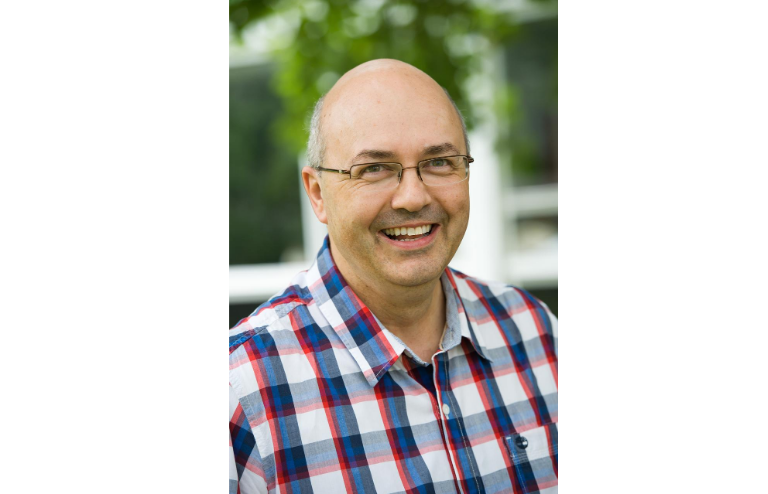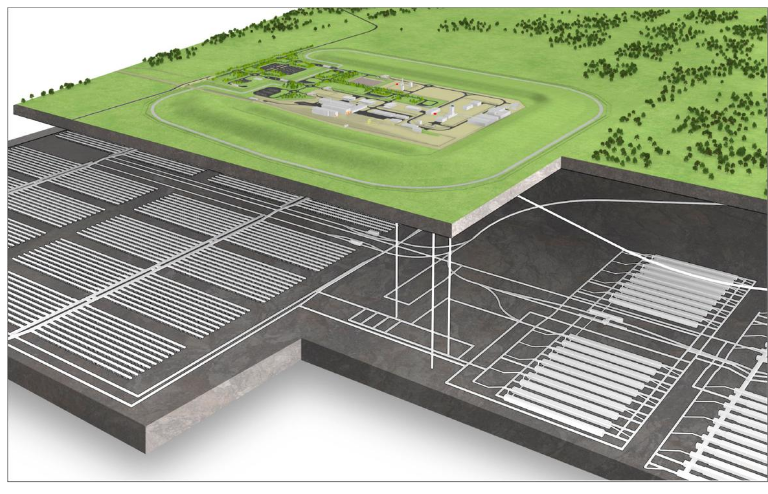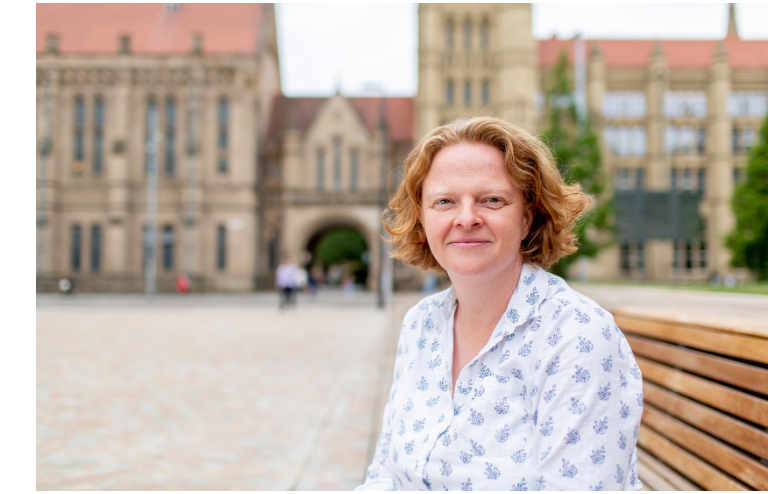Universities building academic community for Radioactive Waste Management
Research and impact 21st August 2020
We spoke with Professor Francis Livens, Director of the Dalton Nuclear Institute, about the launch of the Radioactive Waste Management Research Support Office.

The UK has over 60 years’ worth of accumulated radioactive waste, some of which will remain hazardous for millennia. The plan to dispose of this waste in a geological disposal facility requires a Nationally Significant Infrastructure Project (NSIP) which could be operational for a century or more.
Radioactive Waste Management Limited (RWM) is responsible for implementing geological disposal of the more highly radioactive material on behalf of the UK government. This means it is dealing with a relatively small proportion of the total waste by volume but it is the more hazardous material. The intention is that it’s disposed of underground, to a depth of between 200-1000m, into excavated tunnels and vaults, where it will be emplaced, backfilled, sealed and left to remain isolated and contained for hundreds of thousands of years.
But before this can even begin RWM must find a host community for the site. This is a unique process within government in that it’s based on a principle of community consent: communities will volunteer to host this facility in return for long term socio-economic benefits.

It is critical therefore that RWM presents a safety case that satisfies both the nuclear and environment regulators and the host community. It must also understand how best to develop relationships with prospective host communities.
University-based research is a vital part of this work. Establishing a safety case for the project raises scientific questions, for example:
- How do the different waste types behave over time? What is the deep geology and the hydrogeology in the potential host area/s?
- When and how will the waste containers degrade?
- Does the groundwater move and if so, how?
- How might the underground environment change over time and as waste is emplaced the facility?
The academic expertise – in materials, environment, groundwater, radioactivity, and movement of radioactive materials – needed to answer these questions requires RWM to have strong relationships with universities and for university research to align with RWM needs.

This is where the work of the new Research Support Office (RSO), based at The University of Manchester, comes in. Hosted by the University’s Dalton Nuclear Institute in collaboration with the University of Sheffield, and headed by Professor Kath Morris, this Office will be in a unique position to help strengthen the relationship between the academic community and the work of RWM.

Working together, the two universities and RWM will build an academic community to focus on important knowledge gaps and examine the latest science and technology to support geological disposal. The Office will also coordinate applied social science research to explore the societal and socio-economic aspects of geological disposal, most obviously how public trust and confidence can be developed and sustained with potential host communities.
A crucial element of this work must also be the development of the next generation of researchers, ensuring they are equipped with the relevant scientific expertise around geological disposal, as well as an understanding of the social issues involved. Their importance cannot be overstated considering the long-term nature of the project. We may see the first waste going into a GDF in the second half of the 2040s, it will certainly remain operational for the rest of this century, and quite possibly well into the next.
Kicking off its activities, the RSO will hold a series of online events taking place between 16-18 September 2020. Open to all UK-based researchers and stakeholders, the events will be a combination of knowledge sharing and collaborative research sandpits to define immediate research priorities. Visit the website and register to reserve your place.

Dalton Nuclear Institutedeep geologydegradationgeological disposalgroundwaterhazardous materialHydrogeologynuclear wasteradioactive wastesafetyunderground environment


Leave a Reply